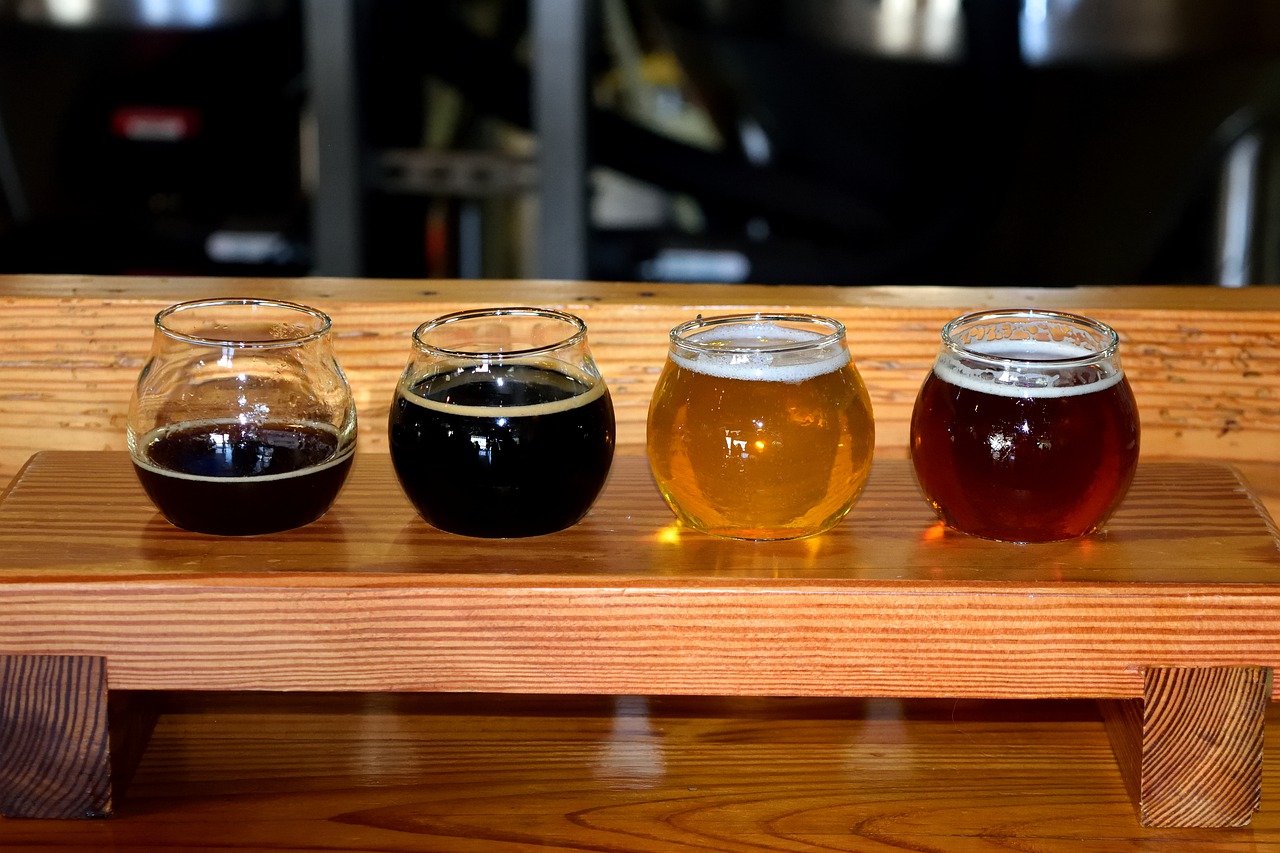If you’ve ever dreamed of owning a Micro Brewery, you’re not alone. Many other small businesses have the same aspirations. The beer industry is booming, and microbreweries are no exception. The economics are right: self-distribution is not only convenient for brewers, but it also cuts down on overhead. Not only does this mean lower operational costs, it also lowers the cost of beer itself. Microbrews are typically priced around $10 a six pack, but with the popularity of the craft, pricing can even go up to $15 per six pack.
Craft breweries
Microbreweries, or craft brewing, is a growing industry that focuses on delivering unique, craft beers. A craft brewer is typically defined as a small independent brewing company that produces less than six million barrels of beer per year and sells most of its beer off-site. It must also be owned by at least a quarter owner who is not an alcohol producer.
Both microbreweries and craft brewing companies are devoted to producing high-quality, unique beers with a unique flavor profile. In addition, they are often made in small batches, with premium ingredients and minimal commercial production. These breweries can only be considered a craft brewery if they adhere to certain standards and produce quality beers. The craft beer industry is a rapidly growing sector and has seen a steady growth in recent years.
Microbreweries
While microbreweries are not often the first business ventures of entrepreneurs, many have been successful for years. Most brewers use a three-tiered distribution system to make money. A distributor sells alcohol to local establishments, and the customer-facing establishments sell directly to consumers. Microbrews are sold year-round, but many brewers create seasonal offerings. The chilly winter and spring months have a negative effect on beer sales.
While microbreweries used to be referred to as microbreweries, the term has since become a more common synonym for craft brewery. These small-scale breweries usually produce less than 12,000 gallons of beer per year, but still maintain the same standards of quality. As a result, they are smaller than traditional breweries and often focus on experimentation, sustainability, and flexibility. A microbrewery pushes the boundaries of beer flavor and ingredients, marketing, and operation.
Nanobreweries
While you might think nanobreweries are just fancy little iced-tea places, many people actually want to talk to someone. Nanobreweries allow aspiring entrepreneurs to bypass the established hierarchy and sell their creations directly to their customers. Nanobreweries can build a loyal following, establish demand, and even access investors. And, of course, they can also produce rare, limited-run beer.
Although most nanobreweries make less beer than microbreweries, they are still much smaller than their counterparts. These operations often operate by single-person operators and do not produce much more than 500 kegs a year. They are probably personal breweries. So, how do you start a nanobrewery? First, you have to define what a nanobrewery is. Traditionally, a microbrewery is defined as anything with more than five barrels. A nanobrewery is typically smaller than a microbrewery, so the term nanobrewery is more accurate.
Costs of starting a microbrewery
Start-up costs for a microbrewery can range from $130,000 to $175,000, depending on your location and business plans. The cost of renting space may be less than the cost of a brewery, but you’ll still need to purchase office equipment, televisions, sound equipment, and stage lights. You may want to consider renting an old gym or garage as your microbrewery’s home. Leasing space is much cheaper than building a brand-new brewery, but you’ll need to pay for design and construction.
Start-up costs can include everything from licensing fees to permits to equipment. A home equity loan can help you secure the capital needed to start your business. However, tapping into retirement funds can be risky because you’ll be required to pay taxes. To avoid taxes, the IRS has made a financing strategy called Rollover as Business Start-Up available. This strategy is relatively complex, but is worth the investment for an independent microbrewery.

